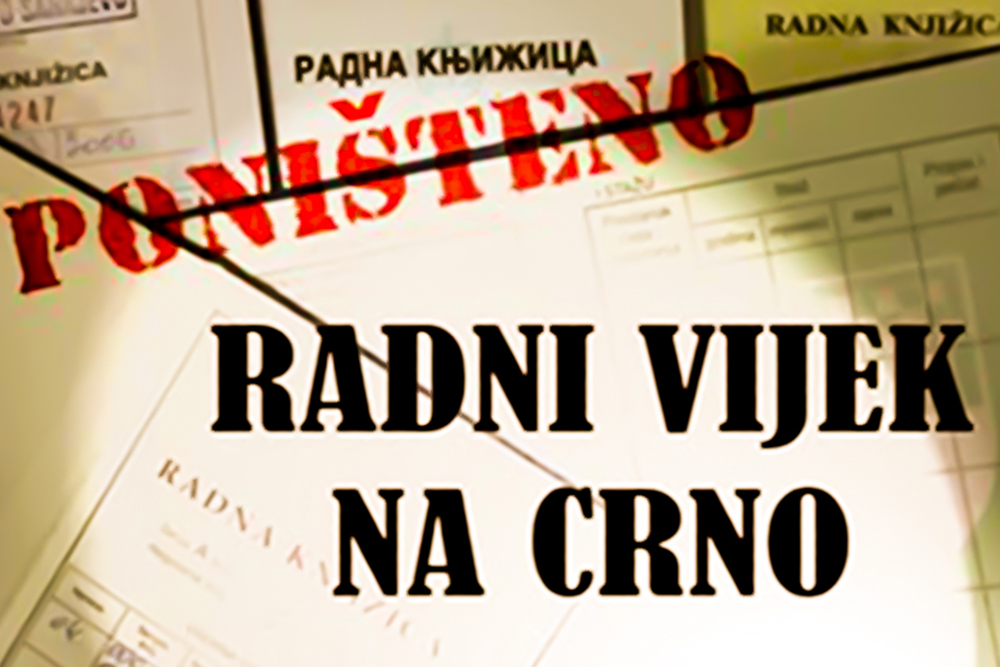The situation is not hopeless.
Moving workers out of a black market of labor into legitimate jobs where taxes collected from them and employers could help run the government and fund unemployment, health and pension benefits for citizens would be a big undertaking. Government, businesses and workers all would have to cooperate in the effort.
But as other nations that have adjusted to new economic systems have shown, it can be done. Here are some things that have worked elsewhere and that have been suggested for here.
- You can’t solve a problem you can’t see. Even the most basic statistical data on employment are difficult to find and don’t exist in one place. Government units, unions, tax and pension fund officials must collect share and publicize such information as the correct number of registered workers, how many companies are charged and penalized for labor violations, which companies are paying and which are behind on pension contributions.
- Individuals, including young workers, need to insist on being registered as official workers. They should periodically verify that they remain registered and that timely payments are being made in their name to health and pension plans. They must take responsibility and hold their employers accountable. Workers in the Republika Srpska can check on their status at Pension and Disability Insurance Fund offices in Doboj, Banja Luka, Prijedor, Bijeljina, Trebinje, and Eastern Sarajevo. Workers in the Federation of BiH can check in Pension and Disability Insurance Fund offices located in each canton.
- Government needs to work more closely with employers and banks on debt restructuring and fair business loans at good rates. Workers should not, as they do now, bear an unfair burden of financing operations when companies put off their pension contributions to get immediate capital.
- Entity governments need to look into possible reduction of business taxes and pension fund contributions. Companies are more likely to pay bills they can afford and less likely to underpay, as they do routinely now, based on fake employment rolls or incorrect salaries.
- Company owners who do not register workers or pay benefit contributions face no real punishment Inspectors have little power to make employers conform to labor laws. They should be allowed, as are inspectors throughout Europe including Croatia, to close firms found to be abusing labor.
- More inspectors are needed. They need computers, training and power to meaningfully enforce labor laws.
- Inspectors must enlist the help of workers in investigating illegal labor practices. Two steps toward establishing the trust needed for this to occur are: inspectors need to investigate anonymous complaints and encourage workers to file such complaints whenever they see offenses. Also, an ill-advised new law that came into effect this year requiring fines and other punishments against people found to be working unregistered needs to be reconsidered.
- Companies that cannot provide proof that they contribute to employees’ health and pension funds should be disqualified from receiving bids for public projects.
- Entity tax authorities need to crack down on companies and government agencies that fail to contribute to pension funds. Currently authorities do not know or report publicly even on what companies these are.
- Non-governmental organizations could organize public kitchens outside of major cities and transportation assistant and other services for pensioners trying to live on small pensions.
- Unions that claim to have no power to act on labor issues could do members great service by collecting data on registration, lobbying for action by government and business to improve labor conditions and researching the possibility of private health insurance and pensions for workers.
- State-and entity-level officials could stimulate employment by taking up World Bank suggestions on reducing the minimum wage, introducing a separate minimum wage for youth workers, cutting the length of maternity leave and moving responsibility for maternity benefits off the shoulder of employers.








